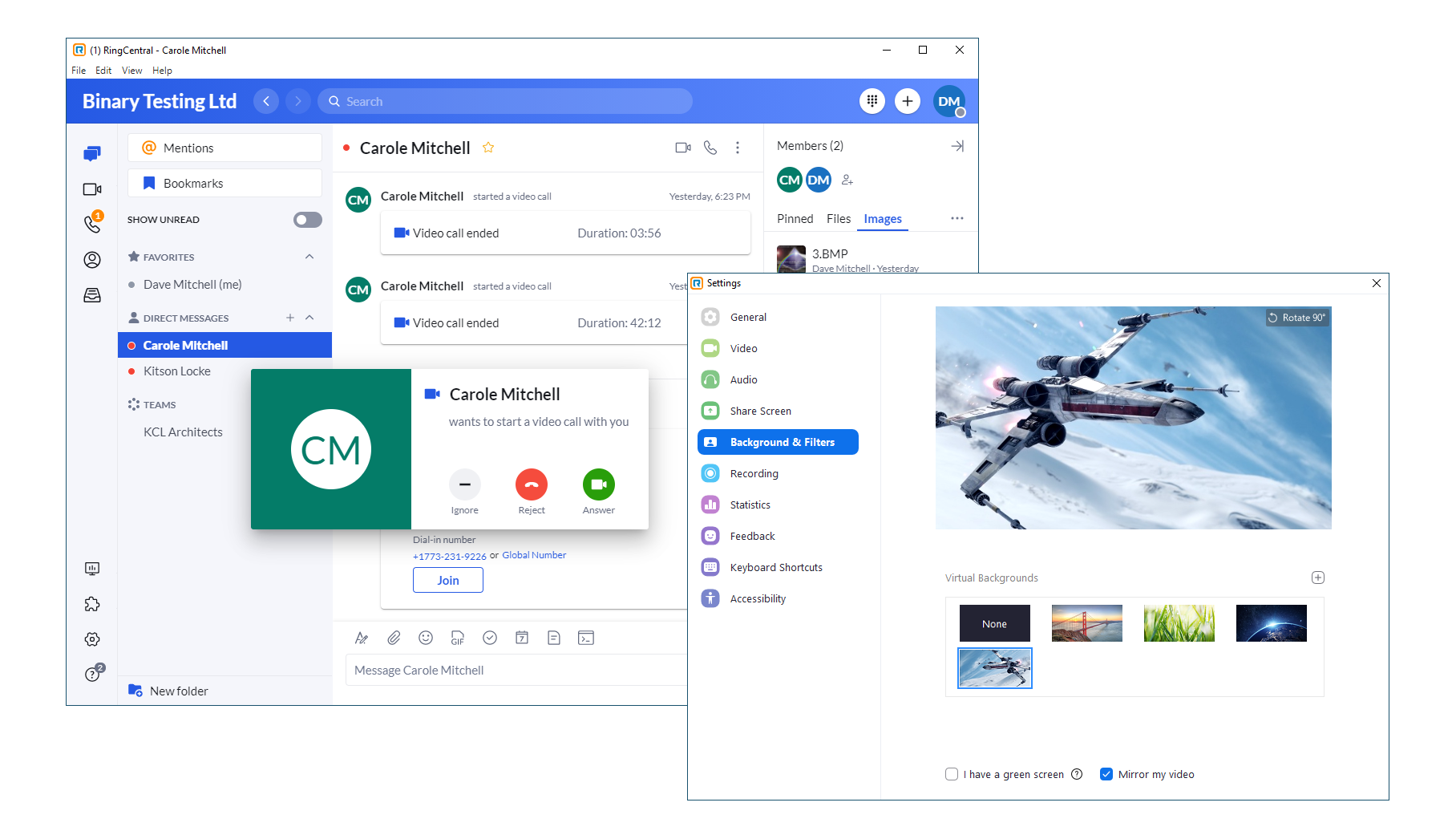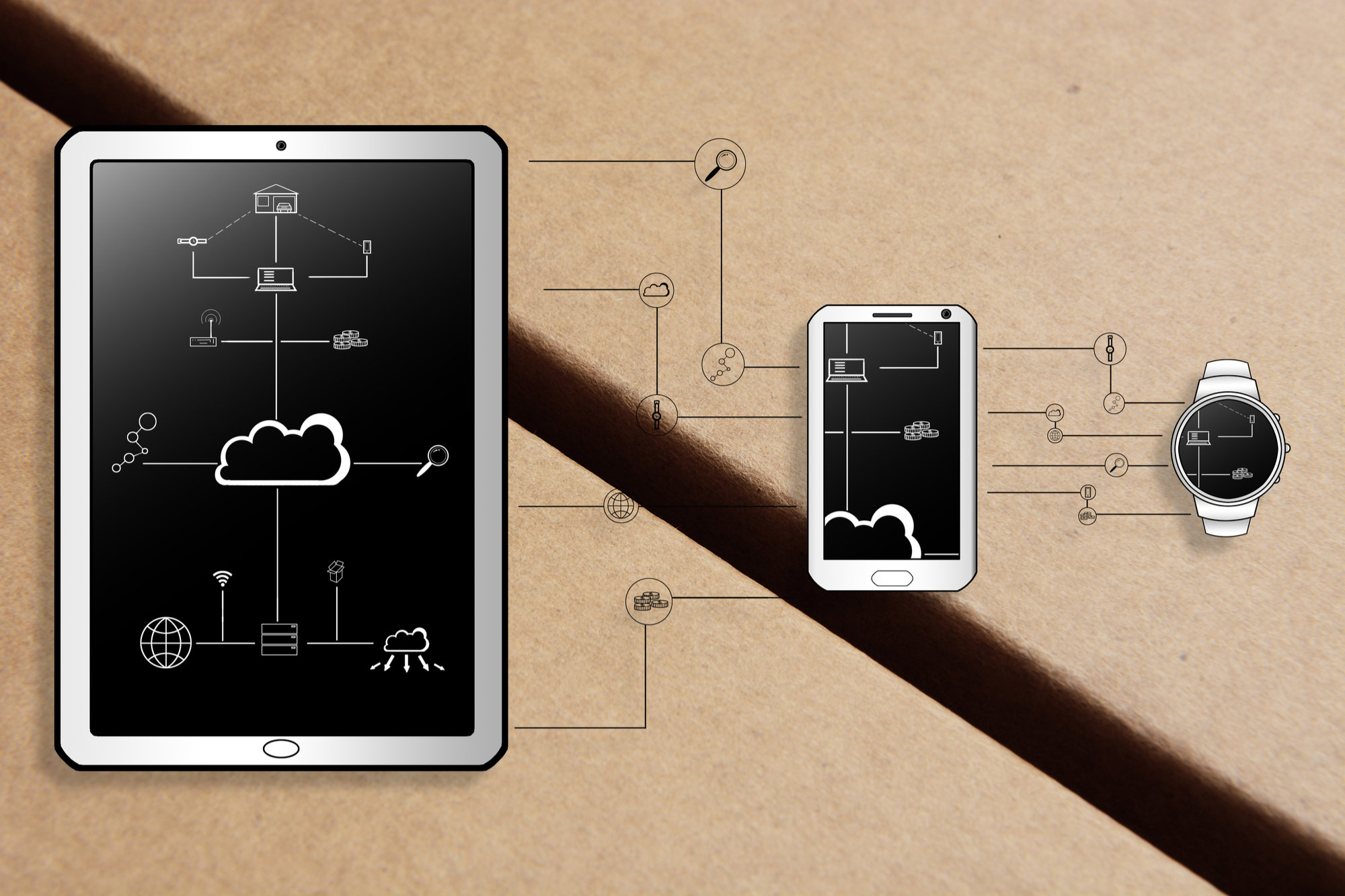Will all communications be unified in the future?
Many companies are getting on board with Unified Communications, but Jennifer Scott investigates whether this model is the way all business communications are set to go.


ANALYSIS Unified Communications (UC) has become a common phrase in the realms of business IT. The idea of bringing together voice and data into a central offering has had techies buzzing over the past decade and now, with the video option starting to be incorporated, it could spell a big change into the way firms operate.
So if Unified Communications is having the effect on businesses the telecoms companies would lead us to believe, will this be the model of the future for all business communications?
First we have to get to grips with what the state of the market is now. Whilst adoption of voice and data packages has grown tremendously over the past 10 years, the definition of UC has begun to change, as more elements of communication are included.
Clive Longbottom, service director and business process analyst at Quocirca, believes we haven't got a set definition across the board yet and as the incorporation of more types of communication increases, businesses may not be ready for full UC.
He told IT PRO: "The problem is in what UC is - is it just bringing voice, data and video together, or is it bringing the various different forms of communication and collaboration (e.g. email, social networking, fax, instant messaging, etc) together in a cohesive manner?"
Longbottom claimed if it was the latter, the same mistakes were being made around how to fully integrate new technologies into an older system.
Despite these problems though, there is no question UC in its current, common form, has had a massive affect on the way telecoms operate.
Get the ITPro daily newsletter
Sign up today and you will receive a free copy of our Future Focus 2025 report - the leading guidance on AI, cybersecurity and other IT challenges as per 700+ senior executives
"At one level, the telecoms department is essentially dead as voice has become part of the data centre," added Longbottom.
"For some users, UC has led to a complete change in how voice is used - incoming calls kick off events in the data world, bringing all sorts of information to the user's screen, particularly in the call centre."
He also claimed UC was great for governance purposes, with monitoring and measuring every part of the data easy.
Then, for many, it is also a case of cost saving. With Voice over IP (VoIP) calls often cost nothing, and this is a bonus in any businessman's book, be it during a recession or a period of growth.
Jennifer Scott is a former freelance journalist and currently political reporter for Sky News. She has a varied writing history, having started her career at Dennis Publishing, working in various roles across its business technology titles, including ITPro. Jennifer has specialised in a number of areas over the years and has produced a wealth of content for ITPro, focusing largely on data storage, networking, cloud computing, and telecommunications.
Most recently Jennifer has turned her skills to the political sphere and broadcast journalism, where she has worked for the BBC as a political reporter, before moving to Sky News.
-
 Should AI PCs be part of your next hardware refresh?
Should AI PCs be part of your next hardware refresh?AI PCs are fast becoming a business staple and a surefire way to future-proof your business
By Bobby Hellard Published
-
 Westcon-Comstor and Vectra AI launch brace of new channel initiatives
Westcon-Comstor and Vectra AI launch brace of new channel initiativesNews Westcon-Comstor and Vectra AI have announced the launch of two new channel growth initiatives focused on the managed security service provider (MSSP) space and AWS Marketplace.
By Daniel Todd Published
-
 The case for consolidating your comms and IT support
The case for consolidating your comms and IT supportSponsored Multiple tools and services can stand in the way of truly effective communication
By IT Pro Published
-
 TD Synnex Maverick announces availability of Zoom for partners in Europe
TD Synnex Maverick announces availability of Zoom for partners in EuropeNews Partners now have access to the entire Zoom portfolio, including unified communications platform Zoom One
By Daniel Todd Published
-
 BT selects Google Cloud to support group-wide digital transformation
BT selects Google Cloud to support group-wide digital transformationNews The five-year partnership will see Google Cloud deploy cloud infrastructure, data analytics, AI/ML, security, and API management to help digitise BT
By Sabina Weston Published
-
 How to build a cloud-based IP PBX telephony system
How to build a cloud-based IP PBX telephony systemTutorials Move your comms to the cloud and ditch your physical PBX box
By K.G. Orphanides Published
-

 Sennheiser MB 360 UC review: Business-grade headphones at a brilliant price
Sennheiser MB 360 UC review: Business-grade headphones at a brilliant priceReviews These cans are perfect for on-the-go professionals
By Adam Shepherd Published
-

 RingCentral Office review: Calling the shots
RingCentral Office review: Calling the shotsReviews A cloud VoIP service that sets the standard for ease of use, features, flexibility and affordability
By Dave Mitchell Published
-
 Our 5-minute guide to UCaaS
Our 5-minute guide to UCaaSIn-depth How do unified comms-as-a-service solutions work - and what makes them so attractive?
By Daniel Todd Published
-
 Cisco buys cloud PBX provider BroadSoft
Cisco buys cloud PBX provider BroadSoftNews The cloud-based voice and contact centre software will be integrated into Cisco's collaboration platform
By Clare Hopping Published